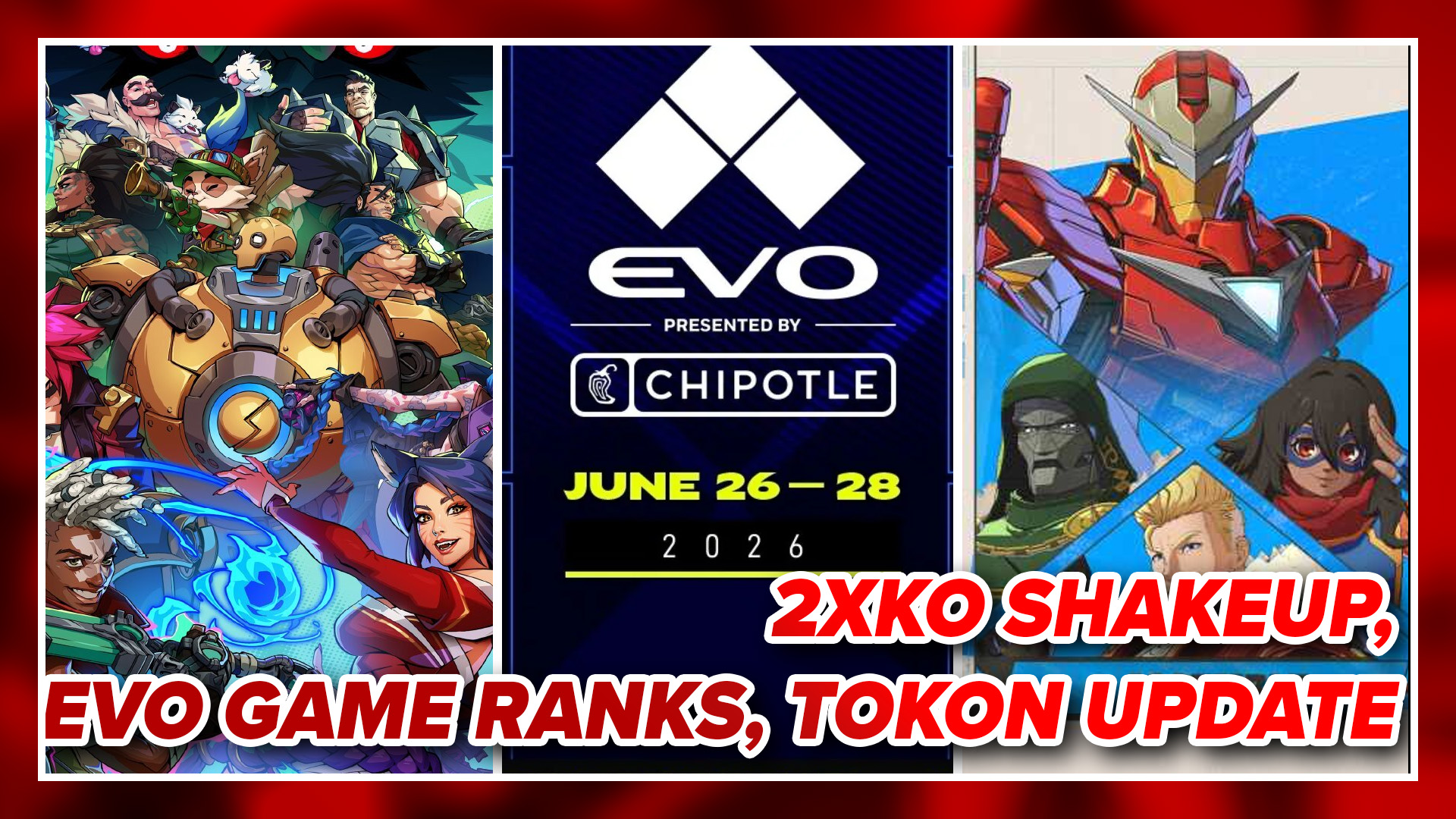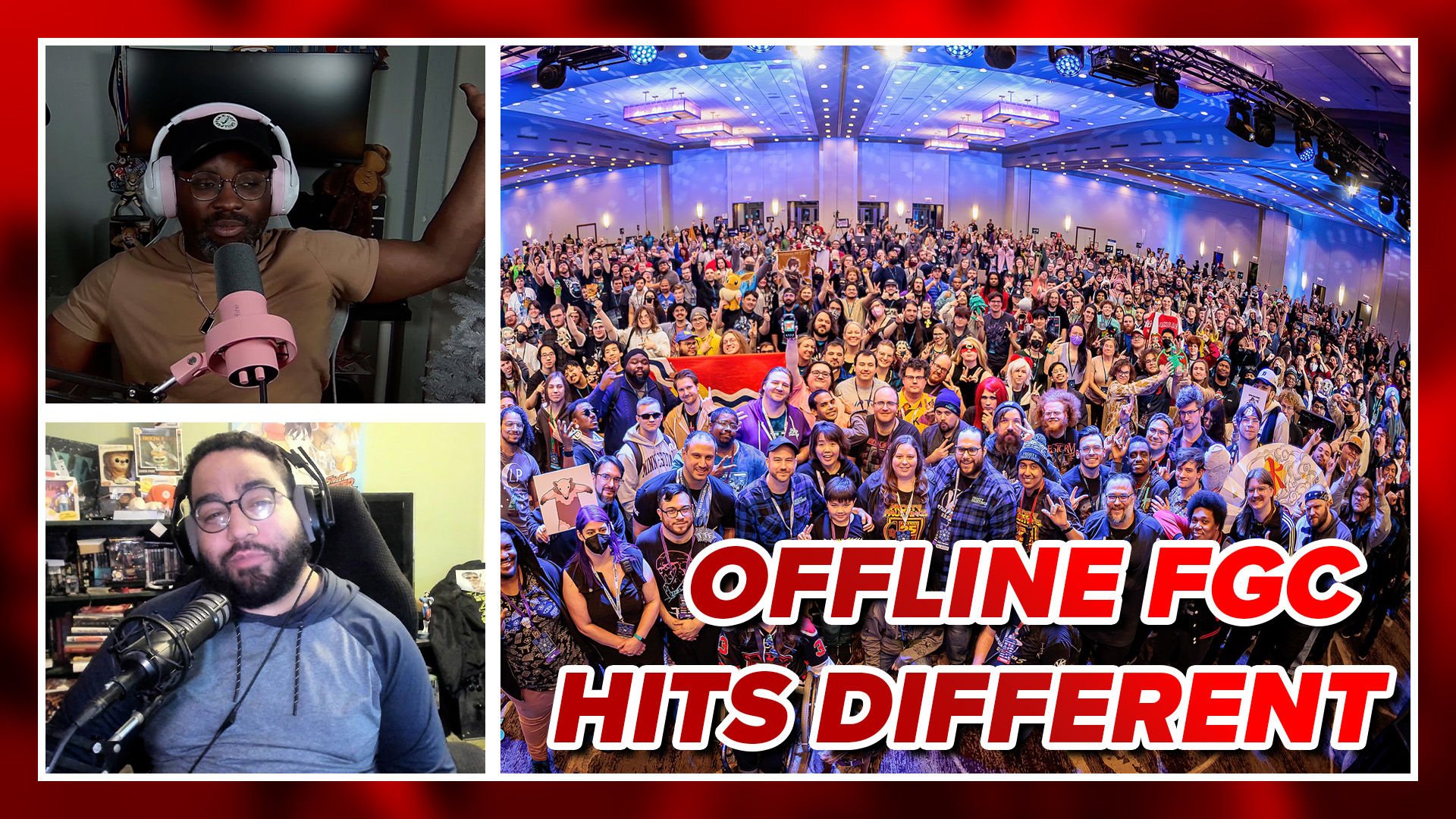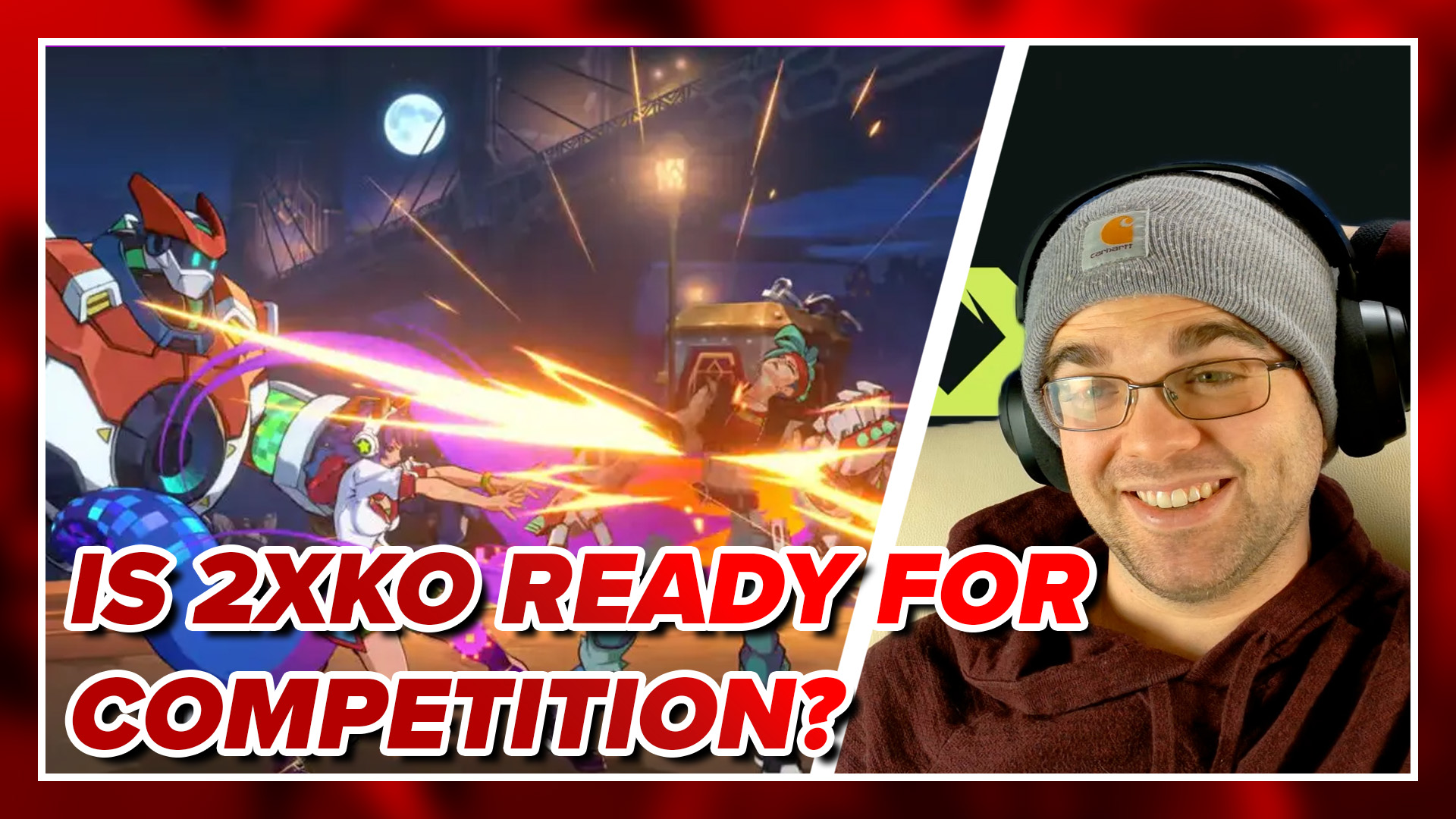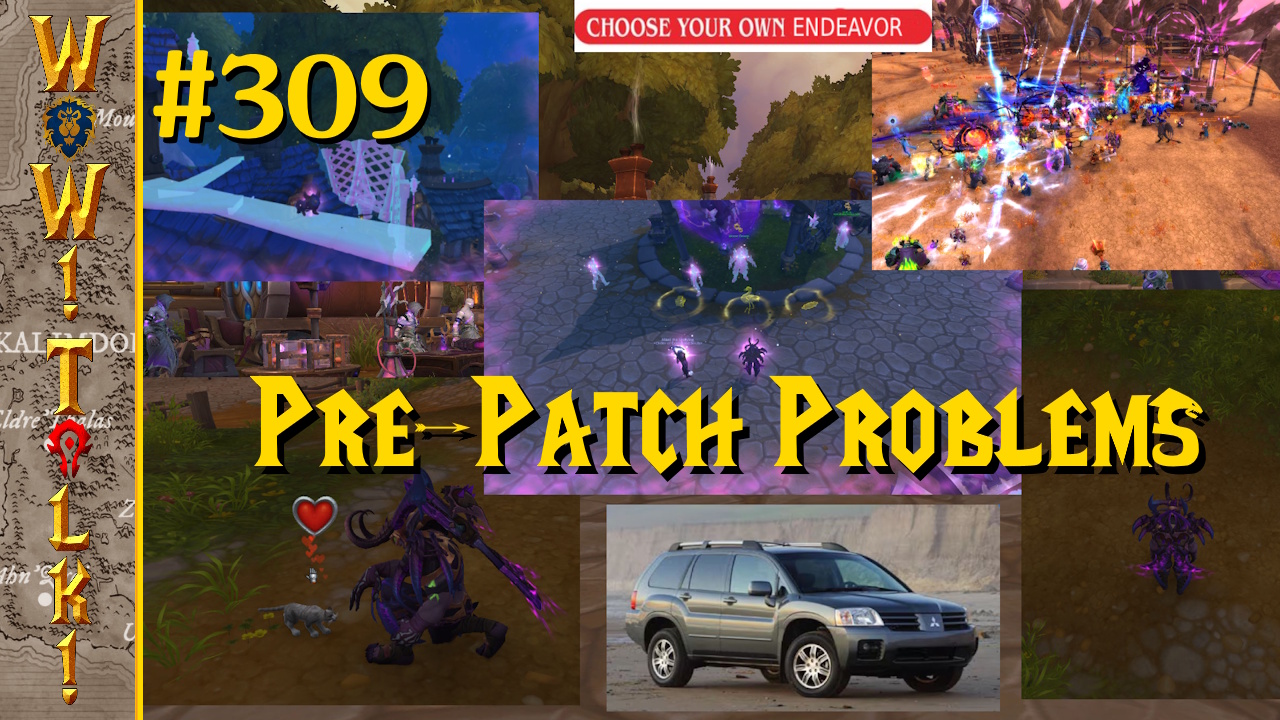Birdo’s original description. Note the mix-up in name between Ostro and Birdo.
An article released by IGN’s Jack DeVries, the self-proclaimed “referee for things related to gay gaming“, has readers steaming over its content. While the problems with the article vary, the most common problem with it seems to be the insensitivity in which it was worded. In fact, in the same paragraph in which the author claimed to be the “referee” he also made a remark on how some gay gamers would not get the sports reference. He then likened himself to a judging panel for Project Runway. It appears that the so-called “Perez Hilton” of IGN is placing a stereotyped umbrella over gay gamers, implying that they either fall into the minority that enjoys sports or the Project Runway-loving majority.
The article discusses two possibly gay video game characters, Birdo and Turok. The first character, Birdo (Catherine according to English translation) is being singled out for its ever-changing history. Birdo was originally described in her very first game (Yume K?j?: Doki Doki Panic) as a boy who believes he is a girl, and who would rather be referred to as “Birdetta“. This first game was localized in English as Super Mario Bros. 2. Later versions of this game omitted any mention of a sexual preference, perhaps due to the fact that some people are not mature enough to handle these “issues“. Birdo appears as a girlfriend to Yoshi in later games, and for all intents and purposes she is his girlfriend. Why? Because Birdo thinks she is a girl.
Why did this author think it mattered? Some comments and tweets regarding the article questioned whether or not it was even necessary to address it. People that are gay do not necessarily want a whole article dedicated to pointing out their sexual orientation among video game characters. Despite Nintendo’s apparent cover-up of a sticky situation, times have changed. Today, we have games like Mass Effect that openly provide you with a choice to pursue a relationship with the same sex. Also, Mario games in general have not been known for their rich storyline. Why does one of those characters’ sexual preferences even matter in a game as simple as that, anyways?
Despite the frivolous nature of the article, it was presented in a way that suggested rudeness instead of respect. One of the problems I had was the way in which the word “queer” was used. While the word is used as a slang term countless times, it is still not accepted openly because of its definition. This word is defined by dictionary.com as: “Unusual“, “strange“, “of a questionable nature or character“, and “not quite right“. Many readers did not enjoy being singled out in such a way. Not to mention his remark regarding Turok’s joke storyboard, which said: “However [sic] I’m certainly not going to stop any of you from adopting him as the new gay gaming mascot, ’cause that’d be hilarious.”
My final problem with the article was its central premise, and a sister article on Kotaku that was inspired by the original. “Where are the other gay video game heroes?” asks the author. I’ve found that in most games, the characters are not assigned a sexual preference. Sure, some have girlfriends or boyfriends but they do not carry a label as if they were a jar of pickles. Games are supposed to open a world for you to explore, and in many cases adapt to your own imagination. In most RPGs, you are the character of your own choice and destiny who does not fit into a stereotype. It is also fair to note that these days, dialog options in RPGs allow for interactions between different genders in all sorts of levels which are left up to the player to decide. How about shooters? I don’t see any preference when you select your characters. So in retrospect, I don’t see any indication of a reason to categorize video game characters in such a matter. I’m pretty sure we see enough of that in the real world.
[Images from IGN, Jap-Sai and Mario Wiki]






